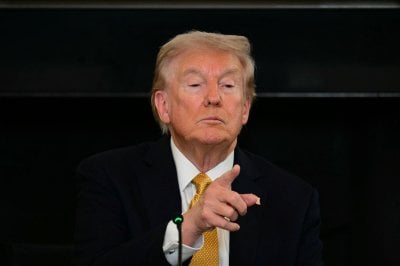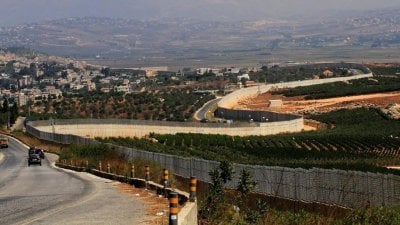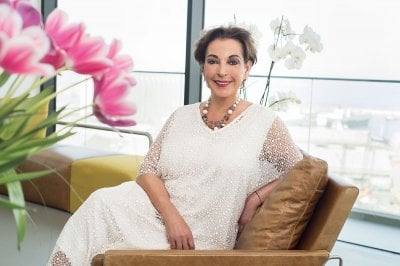“Lebanon Debate” – Abdallah Kamah
The course of the Iranian-Saudi rapprochement, as one of the results of the "Beijing Agreement" signed between the two parties, is expected to entail a rapprochement in relations between Riyadh and Hezbollah, even after a while. Lebanon will inevitably benefit from this conciliation. It is worth mentioning that it also had a positive effect, whether in Yemen through negotiations with the Houthis or in Syria, where the openness between Damascus and Riyadh is becoming evident, the latest of which was the recent appointment of the latter’s ambassador to the Umayyad capital following an 11-year hiatus.
Therefore, during this past period, the situation was calm on the fronts between Saudi Arabia and Hezbollah. This provided an opportunity for their mutual acquaintances to take advantage of several positive factors and try to “bridge the gap” and “forge a common ground”. The most important factor is the political and historical agreement between Tehran and Riyadh. For this purpose, a dynamic mediation was employed, with mediators conveying positive messages over the course of several months.
Both Saudis and Hezbollah recognize that their relationship may be subject to further arrangements, provided that such changes are transparent and done within a defined course and timeframe.
Positive developments did not take the form of direct meetings between the two parties. Instead, communication was limited to exchanging messages that were often transmitted via mediators, often acquaintances of both Riyadh and Hezbollah. This mediation was initially facilitated by Iraqi clerics with close ties to the Kingdom of Saudi Arabia and developed further with the involvement of Iraqi PM Mohammed Shia' Al Sudani, who played a significant and influential role. Moreover, the participation of several official Lebanese figures enhanced the positive impact of this mediation.
To ensure smooth progress, mutual initiatives between the two sides were necessary to move their endeavors forward and maintain discretion by shielding them from the media.
Therefore, Hezbollah reduced its rhetoric aimed at Saudi Arabia. It is worth noting that recently, Hezbollah has refrained from using terms and expressions critical of or discussing the overall or political situation in Saudi Arabia. To ensure an even calmer situation, Hezbollah lobbied a large group of journalists, political analysts, writers, and social media influencers to moderate their rhetoric towards Saudi Arabia.
In contrast, the Iraqi side achieved a significant breakthrough, paving the way for broader discussions concerning the issue of Lebanese detainees in Saudi Arabia. Through gradual progress, the Iraqi side reached an understanding with the Kingdom, resulting in the "lifting of travel restrictions" for Lebanese detainees. These individuals, reported to be seven as of now, were gradually released and placed under house arrest in the Kingdom.
At the same time, the mediation efforts with Saudi Arabia succeeded in persuading it to engage in a discussion regarding the Lebanese detainees. The Lebanese government committed to corresponding with Riyadh concerning these cases and came forward with a proposal to discuss them. This development was achieved following communications with the Saudi ambassador in Beirut.
Among the factors that added to the positive atmosphere are messages conveyed by traditional visitors to Ambassador Walid Buhari regarding the Shiite community's overall perspective of the relationship with the Kingdom. This came in response to previous positions taken by Bukhari in his councils, emphasizing the role and status of the Shiite community in Lebanon, and saying that Saudi Arabia is keen on establishing a relationship with this community and protecting its Arab identity. In contrast, party officials had already shown an eagerness to arrange the relationship with Saudi Arabia during a certain stage. During the peak of the tensions with Riyadh, these officials declared to their councils that they were willing to discuss the situation with the Saudis. On this basis, mediators found an "enabling environment".
It was clear that the arrangements were going quietly. All that was left was determining the ideal timing for inaugurating this new path of rapprochement with a long-awaited meeting between the two parties. It is worth mentioning that Saudis are not in a hurry to hold meetings. They do not mind a meeting, but they prefer allowing events to naturally dictate the timing of any potential meeting. They do not like to set appointments in advance nor hold secret meetings; they prefer a neutral place to avoid protocol procedures.
On the other side, Hezbollah sought for any potential meeting to take place in a public setting and contribute to breaking the ice. The unexpected deaths of Iranian President Ebrahim Raisi and his Foreign Affairs Minister Hossein Amir-Abdollahian in a plane crash were the best opportunity to bring the two parties together under the title of offering condolences at the Iranian embassy in Beirut. This was arranged under the impression of a coincidental meeting to avoid any awkwardness between both parties.
The Saudi Ambassador Walid Bukhari was aware that Hezbollah had assigned a senior leader, the international relations official Ammar al-Musawi, to stand in for him while receiving condolences at the Iranian embassy. The party had anticipated Ambassador Bukhari's personal attendance to offer condolences. The Iranian side is also supposed to be aware of the date set by the Saudi ambassador and may have found the "best opportunity" to advance an element that had previously stalled within the rapprochement of Hezbollah and the Saudis.
At times, certain protocol procedures raise numerous questions. It seems implausible that a seating arrangement placing the ambassador's chair directly next to that of the Hezbollah representative would be chosen, allowing direct conversation and exchanges of smiles between the two sides. Moreover, it is unlikely that the Saudi ambassador would engage in such a meeting, given Hezbollah's classification as a "terrorist" on the Kingdom's lists, without prior approval from the Royal Court and authorities in Riyadh.
The meeting between both Saudi Arabian and Hezbollah representatives was the ideal opportunity to break the ice. With the removal of political barriers between the two parties, it is highly probable that this meeting will not be the last of its kind.
اللقاء الأول بين "حزب الله" والسعودية
تــابــــع كــل الأخــبـــــار.
إشترك بقناتنا على واتساب
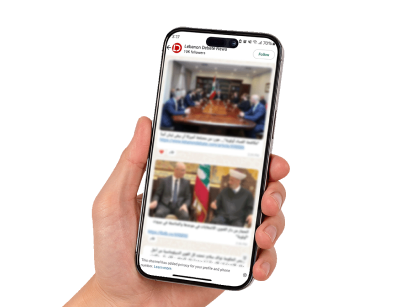
Follow: Lebanon Debate News


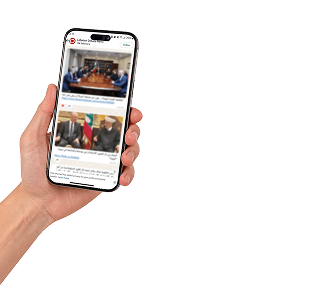
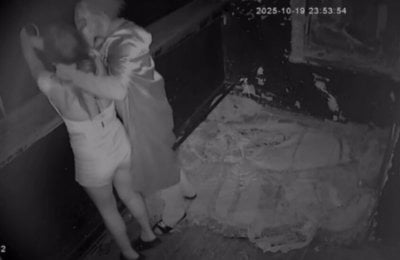
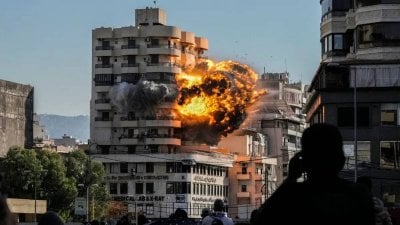
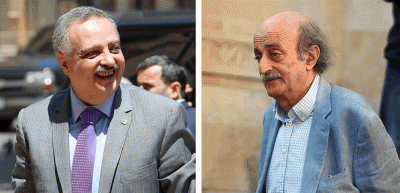
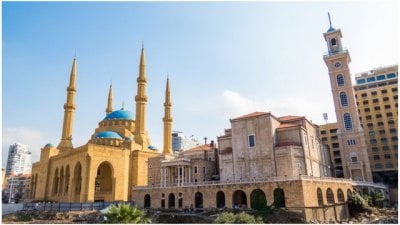
 الـــمــــزيــــــــــد
الـــمــــزيــــــــــد
